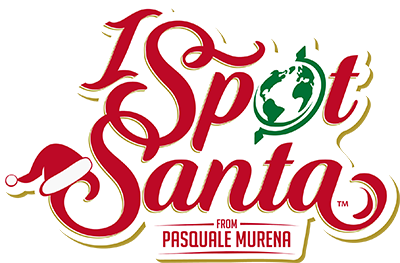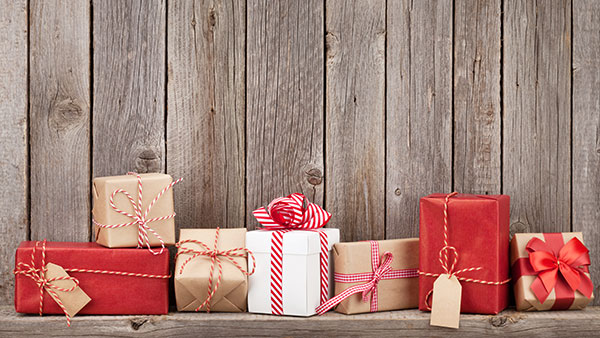Ask any kid what they are looking forward to most about Christmas. Chances are, they are going to talk a great deal about Christmas presents. Even our Video Elf Dorf feels the same way. While it may sound like these kids are missing the real meaning of Christmas. Presents do have an important part in the history of Christmas and Christmas as we know it came to be. Let’s take a look at the history of Christmas gifts.
The more of an understanding we have about the history of Christmas presents and how they came to be. The more we will be able to appreciate not the presents themselves, but why we exchange gifts at Christmas.
Symbolizing the Wise Men
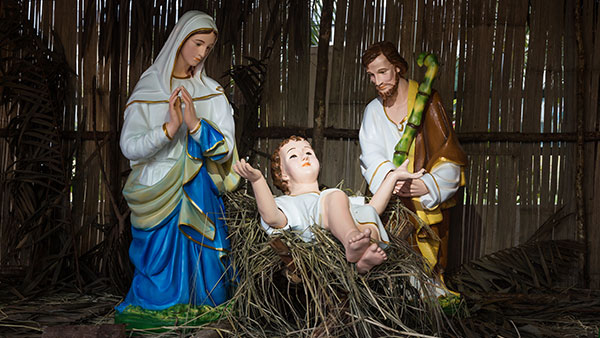
One of the biggest reasons we exchange gifts for Christmas has to do with the story of the Wise Men. Most people know the story of the Wise Men from the nativity scene and the Bible. How these three men came to give the baby Jesus Gold, Frankincense and Myrrh.
These three valuable gifts also had three very important meanings.
- Gold represented the idea that Christians believed that Jesus was the King of Kings. Since gold is most often associated with royalty.
- Frankincense was thought to represent that people would worship Jesus. As it is often used in worship in churches.
- Myrrh was given to Jesus because it is an oil that is often put on the bodies of the dead. It was thought to represent that Christians believed Jesus would suffer and die.
While it is important to recognize and honor these three gifts. Most people would agree there is no greater original Christmas gift than the birth of Jesus himself.
Christmas Gift Traditions From Around the World

Centuries after these first original gifts were given to Jesus and this Christmas tradition first started. Families around the globe still partake in the tradition of giving gifts to one another at Christmas time. This is to celebrate Jesus’ birth.
While in the United States, Christmas gifts can be virtually anything. The US also focuses a great deal on creating “lists” to be filled. While, other countries have different types of gifts that you can expect on Christmas Day.
- In Great Britain, lottery tickets are often a popular Christmas gift. You just have to hope you have a little Christmas luck that will really help you win big!
- Christmas celebrations in Mexico don’t typically entail as much gift giving. They do have major celebrations though. These celebrations usually include piñatas filled with goodies, instead of bigger gifts.
- In some provinces of Canada, there is a “Sinck Tuck” or a festival that consists of dancing and gift exchanges. It typically takes place after Christmas Eve mass on the night before Christmas.
- In the Netherlands, children get gifts from Sinterklass on December 5th, not on Christmas Day. If you leave carrots for Sinterklass’s horses, then he will leave sweets behind in exchange! Isn’t that sweet?
Christmas Gifts From More Countries
- Gift giving isn’t as big of a deal in South Africa. Here, families tend to focus more on the religious celebration and less on the gifts. This is why Christmas presents tend to be more practical and include things like books, socks or soap!
- Christmas gifts aren’t very common in Russia—and when Russian families do exchange gifts, they do so on December 31st. These gifts are brought by Father Frost, along with his granddaughter.
- In Germany, kids will write letters asking Father Christmas to bring their main Christmas present on December 24th. On December 6th, kids will get small gifts like candy from der Nikolaus. This is a sign that the kids have been good, and that they should hope to receive their big gift on Christmas Eve!
While these gifts may not see ordinary to everyone. It is a great reminder that it isn’t about how big or expensive the gift is. It is about the meaning behind giving and exchanging gifts with those that we love. This is part of everyone’s history of Christmas gifts.
Santa Claus and Gifts
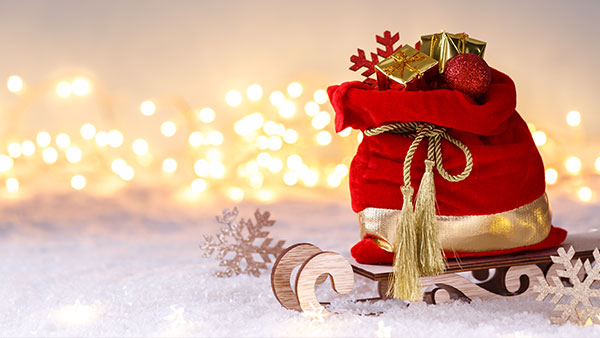
While families and friends traditionally share gifts with one another around Christmas. Most kids know that there is someone else out there who comes and delivers gifts. In countries like the United States and Canada, we know that Santa Claus or St. Nick brings gifts in the middle of the night.
In Germany, they call him Christkind and he comes to deliver gifts. While in Spain, it is believed that the Wise Men come to bring gifts. The origins of Santa Clause can date back to the 18th century. While the names of this jolly figure may vary from country to country. The idea still stays the same. This kind soul comes in the middle of the night to deliver gifts to those who are good throughout the year.
The History of Christmas Gifts
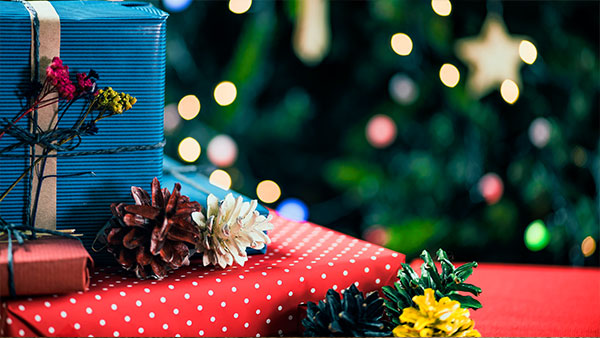
This year, when Christmas rolls around, try to take the time to think more about why we exchange gifts. And about the actual art of exchanging gifts, instead of about the gifts themselves. Think more about the thought of giving to those you care about, instead of which items you receive. You will surely be able to have more authentic Christmas spirit this year, and every year.
